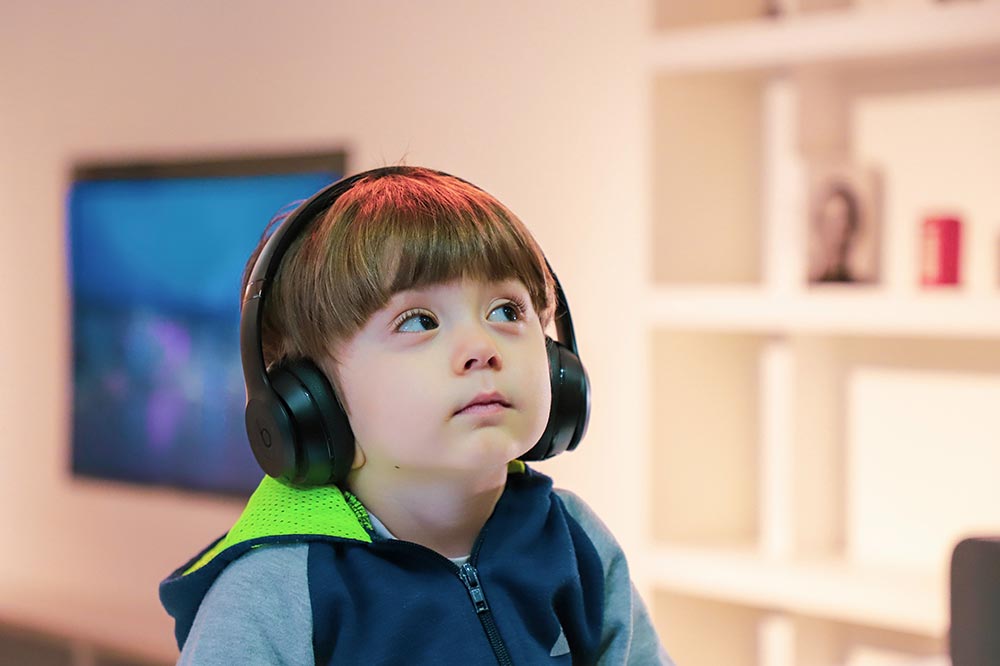Table of Contents
Many adults who go on to become parents consider having children as one of their proudest achievements.
As role models and providers in their formative years, every parent only wants the best for their children, guiding them to one day become productive members of society.
However, one of the unfortunate facts of parenthood is that we have little control over our kids’ physical or medical conditions. No matter how much we strive to protect our children, genetics and, by some freak of nature, afflict them with inexplicable diseases.
Early detection of autism makes a significant difference. If you recognize the early signs and symptoms, you can get your child the aid they need to learn, grow, and thrive despite their condition.
Here are twelve autism symptoms to bring up with your pediatricians:
1) Poor to no eye contact
It could indicate autism if your newborn or toddler does not make eye contact, such as gazing at you or responding to a smile when you smile at them.
Those with severe autism may not make any eye contact at all. Only a child specialist can determine whether this symptom, when combined with others, indicates that your child has autism.
2) Not responding to their name or a familiar voice
When called by name, most children will glance up or respond. It may indicate autism if a toddler does not do this by the age of twelve months. These children seem oblivious to hearing their parents or other people. They may also appear to be struggling to understand or obey simple instructions.
3) Not pointing or responding when you point things out to them
A child would normally love to point things out to their parents and typically respond when their parents do the same. They would point at anything of interest like airplanes, dogs, birds, flowers… anything.
This should be normal behavior of a child by 14 months and if that doesn’t happen yet, it could be a symptom.
4) Repetitive motions and gestures
Flapping and spinning of hands, rocking back and forth, and flicking of fingers are some of the repetitive gestures that an autistic child would tend to exhibit. If the child is agitated or excited, these tend to come out with other similar repetitive motions.
5) Babble or repeating phrases
While many young children like chatter and repetition, those with autism are more likely to go to extremes. They’d repeat the same sentences or lines as if chanting a mantra.
6) Sensory aversion and heightened sensitivity
Autism can cause a child’s senses to be so heightened that they are susceptible to loud noises and bright lights. Everyday sounds like toilet flushes, drills, blenders, dryers, and vacuum cleaners are some of the common irritants. Other children would be averse to certain smells but may enjoy rubbing smooth or soft surfaces that bring comfort to them.
7) Inspecting toys and not playing with them
A child with autism would display a particular obsession with inspecting toys rather than playing with them. They would be examining parts of the object so closely and focus on, say, the tires of a car or only the bottom of a plane. They may never get past the inspection phase and would remain to do that rather than playing with the toy as a child would normally do.
8) Not playing with other people or sharing interests and enjoyment
In short, children with autism likes playing alone. They get into solitary play because they may not know how to approach other kids and make friends. Most often, they are more interested in doing their own activities.
9) Loss of social skills and language
As they get older, children with autism may display behaviors of withdrawing from social situations like playing with other children. Some may even stop speaking or verbalizing like they used to. What used to be constant babbling or doing repetitive phrases will no longer be the case anymore.
10) Stuck behavior
Children will seem to be “stuck” on certain routines, interests, habits, or behaviors. They will devote a significant amount of time and effort to arranging objects in a specific order or lining up items in the manner they prefer.
They will not be disturbed and will not attempt anything further till the interest has passed.
11) Not interested in pretend play
Most children would like to pretend to be a dinosaur or a princess in a castle. Little girls would pretend to feed or dress their doll for a big fashion show, while little boys would imagine that a box is a car or an airplane that they drive or fly.
However, pretend skills are absent or lacking in children with autism. They are not interested in using objects for pretend play at all.
12) Obsessions
This is frequent in older children who grow obsessed with particular items, themes, or hobbies. They will grow so obsessed with it that it will be the only thing they talk about and do.
Although this is a sad reality, it should not deter us from figuring out how we can best assist our children in adjusting to living happy, everyday lives. Early detection of autism can teach us how to best deal with them. After all, our children deserve all the assistance and medical treatment available.
There are autism new treatment that we can look into. Greater understanding would provide us with a sense of normalcy, no matter how difficult these circumstances may be.

